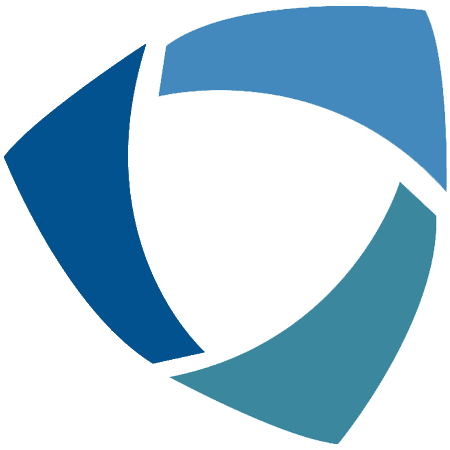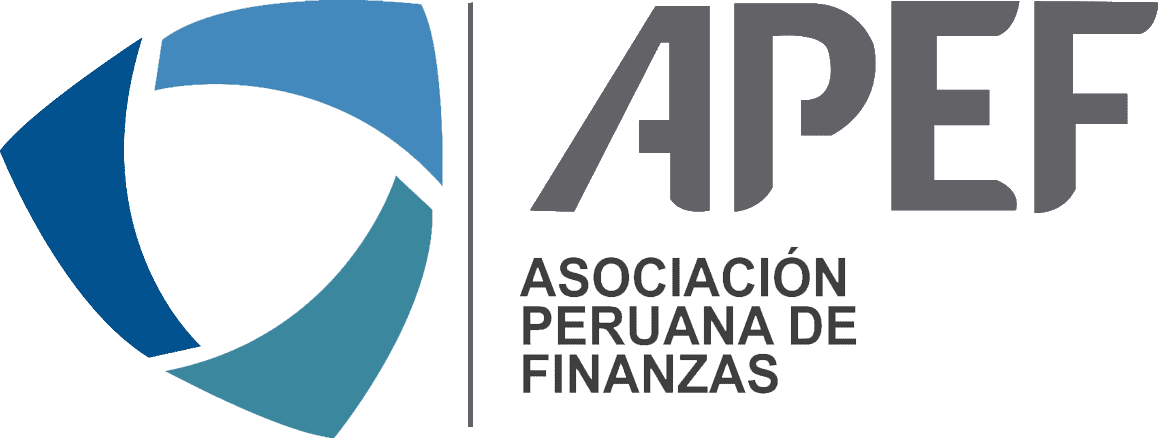We keep our ear to the ground for the interesting stats, insights and discussion points you need to feel in the know.
1. AI’s new rulebook

The European Union (EU) AI act came into force on August 1st. This significant new regulation is affecting the use of artificial intelligence across Europe and beyond. It impacts anyone involved with AI in the EU, including developers, deployers and distributors, regardless of where they are based. The Act categorizes AI systems into different risk levels, each with specific compliance requirements, with non-compliance potentially leading to substantial fines. While tiered compliance obligations will take effect in stages over several years, the penalties are significant. A company may be fined up to €35 million or 7% of its worldwide annual turnover (revenue), whichever is higher, for breaching prohibited AI system requirements. Complying with the EU AI act will require a great deal of preparation, but it’s for everyone’s benefit. The EU AI Act establishes a common baseline for trust, transparency and accountability for this rapidly developing technology. Here’s what you should do to prepare for the Act…
What must companies do to prepare for the EU AI Act?
2. Purpose over paychecks

In the latest twist of the great wealth transfer, Gen Z is stepping up to the plate, despite making up only 14% of the U.S. population. This cohort is set to outstrip Boomers in the workforce as retirement reshapes the business landscape. But what sets Gen Z apart? Gen Z demands transparency, fairness and authenticity from employers and brands alike. Gen Z is redefining wealth and work, valuing purpose over paychecks. Prioritizing job satisfaction above large salaries, 52% are anxious about having financial security. This generation is less starry-eyed about chasing the dream of overnight riches compared to Millennials. Enter the «side hustle» – Gen Z’s answer to the gig economy and a testament to their adaptability in a hybrid work era. These shifts are shaking up family businesses, as Gen Z’s desire for meaningful work and societal impact challenges traditional leadership. The key? Engage, don’t dictate. To keep the family legacy, leaders are learning to blend time-honored methods with Gen Z’s innovative vision, even involving them in socially responsible ventures. After all, a seat at the table for the youngest may just be the secret ingredient for a thriving legacy…
The Kids Are Alright—But Are They Right for the Family Business?
3. Call for change

Telecommunications leaders are grappling with the challenge of aligning today’s strategies with the rapidly evolving business landscape of tomorrow. There is a striking disconnect: while telecommunication companies (telcos) are doubling down on core connectivity and efficiency gains, the industry’s future landscape is shifting beneath their feet. The race is on to adapt to emerging ecosystems, evolving stakeholder expectations, and a workforce in flux. Telcos are betting big on network quality and cost-cutting to fuel growth, but this defensive play may not cut it in the long run. Why? A bold shift beyond traditional models, with Asia-Pacific players already tuning into the potential of platforms and ecosystems. Despite a strategic leaning towards network quality, the reality is that the playing field is leveling, and the once-clear competitive edge is fading. With disruptive competition and regulatory uncertainties looming, telcos must pivot to stay ahead in a world where simply having a ‘good network’ won’t cut it. Are they ready to dial up their ambitions and transform to meet the demands of the telcos of tomorrow?
Are leaders ready for the telco of tomorrow?
4. How to thrive in the new normal

As we navigate a new normal, the global economy is still holding its own. Even with interest rate hikes, we’re on track for a steady GDP growth of 3.1% this year, and a slight rise to 3.2% the next. Europe and the UK are set to fuel this with looser monetary policies and a bounce-back in real income growth. Meanwhile, India’s robust energy is set to counterbalance China’s slowdown, with Latin America and the Middle East also picking up steam. Inflation’s expected to simmer down in advanced economies, hitting central bank targets by 2025, thanks to a cocktail of easing supply issues, dwindling labor shortages, and softer energy prices. For business leaders, it’s adapt or fall behind. Supply dynamics, not just demand, are now steering the economic ship, with geopolitical shifts causing some serious waves. The value of talent has soared, prompting a focus on retention through efficiency and innovative technologies like generative AI, balanced with wage considerations. It’s a complex, but thrilling time to be in business. Global economic conditions are ever-changing, so here are four growth strategies business leaders can adopt to adapt…
Global economic outlook: growth strategies in a new normal
5. Charging ahead

As we approach the 2030 climate targets, the urgency to decarbonize our energy system and the broader economy intensifies. It’s imperative that we expedite our efforts and one of the strategic moves businesses can make is to scale up battery energy storage systems (BESS). These systems are poised to address several pressing challenges, including the stabilization of our network infrastructure and the integration of distributed energy resources into the grid. Now, even though it seems like the renewable energy sector is thriving with a whopping $1.8 trillion investment and a huge jump in capacity, there’s a catch. We’re not quite on track to meet the COP28 targets, and we’re facing some serious gridlock issues. Europe needs to double its investment in distribution grids to keep up. BESS could be the hero we need, offering a sweet spot for savvy investors. But it’s not all smooth sailing; these investments are long-term and come with their fair share of risks. To really nail it, you’ve got to consider these four key factors…
Four factors to guide investment in battery storage
If you do one thing:
Take that risk — “I’d rather regret the risk that didn’t work out than the chances I didn’t take at all.”
-Simone Biles
Don’t miss a must read, find all the issues of the weekly must reads newsletter by EY on LinkedIn here.


